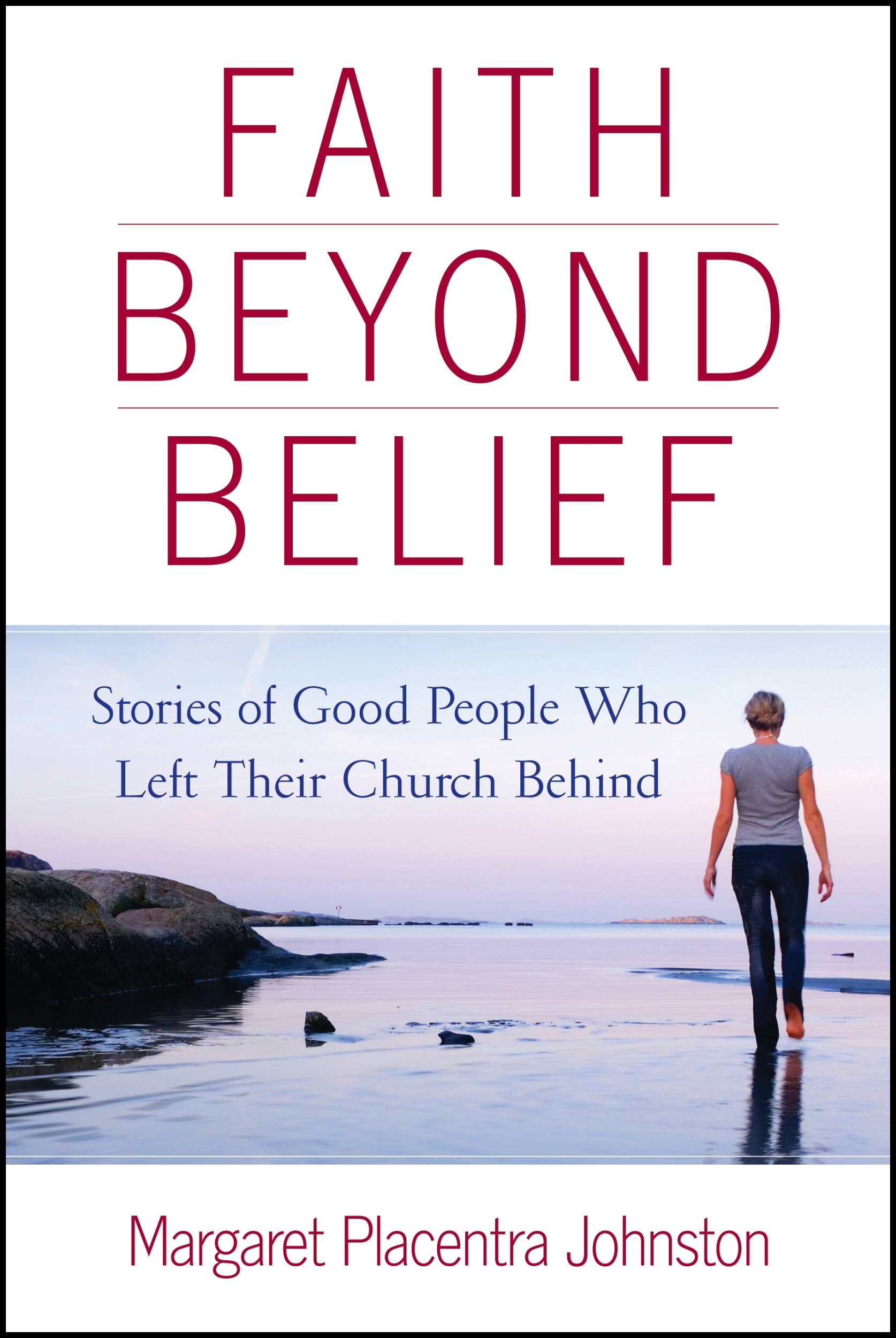What is “spiritual progress?” The dictionary tells us the word progress means moving forward, advancing, creating better conditions or new policies or ideals. So how would a person move forward spiritually? What better conditions or new policies or new ideals would a spiritually advanced person promote?
Forward movement—or progress—in spirituality has been pretty well defined through a generally known, but rarely articulated process that should one day come to be called spiritual development theory. Some spiritual development theorists have shared their own journey toward what they call enlightenment. Others have analyzed the results of extensive interviews and categorized their findings into specific stages. But careful analysis shows that a common denominator can be found in all authoritative descriptions of the road to spiritual maturity.
The common trajectory in all spiritual progress takes a person from a selfish, egocentric, competitive and materialistic worldview, through some steps involving emergence beyond group think (and sometimes beyond the limitations of organized religion) by way of individuation and courageous questioning of “the givens” handed to him by society, toward a stance where the self is less important than the whole and where the principle of unity (or oneness) supersedes individual striving and goals. This unitive or universal worldview is the hallmark of spiritual maturity, an endpoint (note I have not said the endpoint, because there may be many more spiritual levels our theorists have not yet explored) of progress up the spiritual ladder.
So what does a universal worldview look like? As we mature spiritually our worldview expands to include more and more within our range of concern. Where the child is concerned mainly with getting his own needs met, the typical adult has expanded beyond the self to include members of his own tribe. Rather than being egocentric, he is ethnocentric. Then, some adults manage to free themselves of tribal limitations and explore beyond their own community to find that people outside the group are not so very different from people inside. So the group they feel themselves to be a part of expands to include more people. At this stage the person becomes worldcentric, eventually including all humans within his or her concern. This stage leads him to become very interested in social justice issues, for example. A person progressing even further up the spiritual ladder may expand his or her caring to nonhumans, animals, the environment—even the spirit world. In short at the universal level, the entire universe comes to be seen as worthy of being cared about, worthy of concern. The main trait of the unitive or universal worldview is total inclusiveness. So the more inclusive we are, the further we have progressed spiritually, and the more authentic and mature our spirituality is.
This brings us to the question: What better conditions or new policies or new ideals would a spiritually advanced or spiritually mature person promote? The main things a universal or unitive or spiritually mature person wants to promote are conditions that better the lives of everyone, and in fact, everything in the universe. Note this does not include securing one’s own “salvation” in the next life. It does not include assuming one’s own religious beliefs are better, and somehow more right, than those of other religions. It does not allow marginalizing people who don’t fit into a given religious, political or socio-economic group.
Spiritual development theory does clearly inform us as to which way is forward—it is always toward the more universal concern—always in the direction that includes more of the universe. We can assume the attempts that go in the other direction—those which limit the options and lessen the quality of life for any particular person or group (huge corporations aside) are regressive. That is, whatever lessens wholeness of anyone or anything in the universe represents the opposite of progress, and is spiritually immature.
So attempts to govern our society based on biblical authority represent a regressive form of spirituality. They exclude the authority of the holy books of other religions—which some people find important. And they exclude the concerns of people who find reliable self-governance outside of rules laid out in holy books. Political governance based on biblical authority is only promoted by those at an undeveloped spiritual level. Teaching creationism in public schools is spiritually regressive. Unfair treatment of gays in the military represents a spiritually immature position. Those at a mature spiritual level will want to support efforts that respect and include everyone’s beliefs and concerns.
Political efforts that favor one group of citizens over another group represent an immature spirituality. Voter suppression attempts are about as spiritually regressive as anything can get. Not extending healthcare to those who can’t afford is motivated by spiritually immature concerns. A mature spirituality will want to support the needs of individual people, and not so much those of huge corporations.
Having defined which way is forward, and therefore more desirable from the point of view of spiritual progress, our next task is to recognize which political forces support the more spiritually mature traits. The ones who give evidence of more progressive values are the ones who are more likely to lead our society forward. Those displaying more regressive values and traits are likely to lead us backward to a less evolved society.











